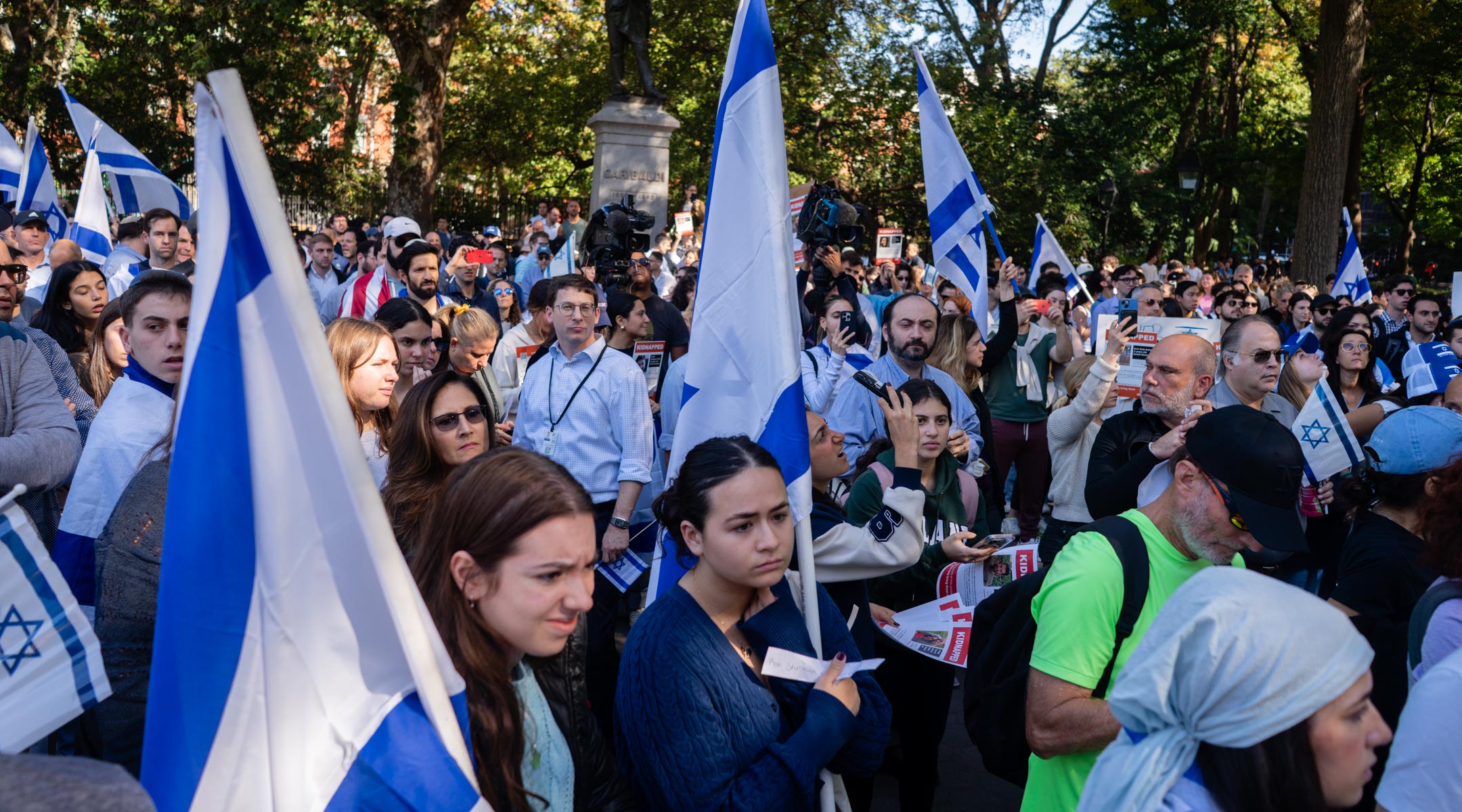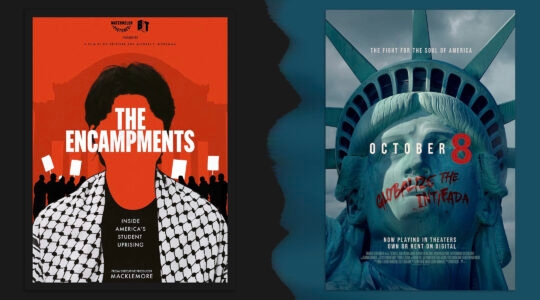Like many Jews, I am watching with a mixture of horror and grave concern as college campuses around the United States convulse with anti-Israel demonstrations and, in many cases, overt antisemitism and vocal support for terrorism.
More, as a university president, I have been especially dismayed by the failure of college and university leaders to respond adequately.
University presidents have been slow to condemn Hamas’ terrorism and disavow expressions of support by students and faculty for violence against Israelis, equivocating statements have ignored the real problem by calling on “both sides” to exercise restraint, and colleges are failing to take appropriate measures to protect their Jewish students.
The school I lead, Touro University, is unique. As America’s largest Jewish-sponsored educational institution, our campuses are safe havens not only for Jewish students but also for students from all faiths. Amid the upsurge of antisemitism on campus since Oct. 7, we’ve heard from numerous students interested in transferring to Touro. But universities like ours must not become the only safe places in America for Jews to attend college. Students everywhere must feel safe.
Feeling safe starts with faith in leadership. College presidents must clearly denounce violence, support for terrorism and antisemitism, especially at fraught moments like these. How can there be any confusion about the wrongfulness of murder, rape and torture?
People of good faith can disagree about politics and the Palestinian-Israel conflict. But evil deeds, like Hamas terrorists’ beheading of babies and the taking of civilian hostages, need to be denounced in clear, unambiguous language. Failure to do so portrays either cowardice or a glaring lack of moral leadership; it implicitly suggests that it’s okay to extol terrorism (so long as only Jews are the targets).
President Biden set an example when the White House issued a statement denouncing “antisemitic messages being conveyed on college campuses” and condemning student groups that have praised Hamas’ attack on Israel or called for “the annihilation of the state of Israel.”
Several days ago, I was one of 18 college presidents who joined in the founding of a coalition to express our support for Israel and for Palestinians suffering under Hamas’ repressive rule in the Gaza Strip. So far, over 100 institutions of higher education have signed on to our statement of support, including public and private universities, faith-based schools and historically Black colleges. But making statements is just a beginning.
Colleges must implement measures to undo the decades-long slide that has transformed many campuses into places where groupthink and intersectionality falsely link Israel’s existence to a narrative of colonial oppression that hails Palestinian terrorists as “civil rights heroes” and dismisses the rights of Jews to live securely in Israel. We must restore college as a place where Jewish students do not feel threatened wearing Jewish symbols, speaking up about Israel in the classroom or simply being Jewish.
How do we do this? Start at the top. Presidents and boards of directors must not tolerate violence or support for terrorism on campus. We can preserve students’ right to free expression while adopting and enforcing codes of conduct that make clear that threatening other students or endorsing violence is out of bounds — whether in the classroom, at a literary festival or in student demonstrations.
In the long term, colleges should strive for faculty who reflect the breadth of American life, rather than the predilections of a radical fringe disassociated from truth and American values. While entitled to their political opinions, professors should be taken to task when their advocacy denies the truth or, worse, endorses murder and terrorism. There are limits to academic freedom, and college leaders should not let political correctness render them silent.
When it comes to accommodating students, we too often confuse comfort with safety. It’s okay for students to feel uncomfortable, disturbed or offended — that’s part of the process of education and resilience-building. Certainly, Jewish students may be exposed to views on Israel with which they disagree. But when these students feel physically unsafe because students or faculty members are advocating terrorism, the line has been crossed.
I know that the line isn’t always clear, and people of good faith sometimes will disagree. But when Jewish students are forced to shelter in a library for safety while an angry mob bangs on windows and doors chanting anti-Israel slogans, the line has been crossed. When the mantra “From the River to the Sea” — a recognized dog whistle calling for Israel’s destruction — is projected onto the façade of a campus library, the line has been crossed. When Israeli or Jewish students are assaulted by someone ripping down posters of kidnapped civilians, the line has been crossed.
Since the events of Oct. 7, we at Touro have worked especially hard to ensure that all of our students, including approximately 500 students in Israel, have the academic, psychological and practical support they need in this difficult time. Some of our students have been called up for Israeli military service, and we’re accommodating them as best we can.
Jewish students on all campuses across America need to have basic protections. Nobody should stay silent when they are threatened, harassed and assaulted. It is our obligation as American Jews, and my duty as a university president, to stand up for what is right.
Dr. Alan Kadish is the president of Touro University.
JTA has documented Jewish history in real-time for over a century. Keep our journalism strong by joining us in supporting independent, award-winning reporting.
This story was sponsored by the Touro College and University System, which supports Jewish continuity and community while serving a diverse population of over 19,000 students across 30 schools. This article was produced by JTA’s native content team.
More from Touro University






